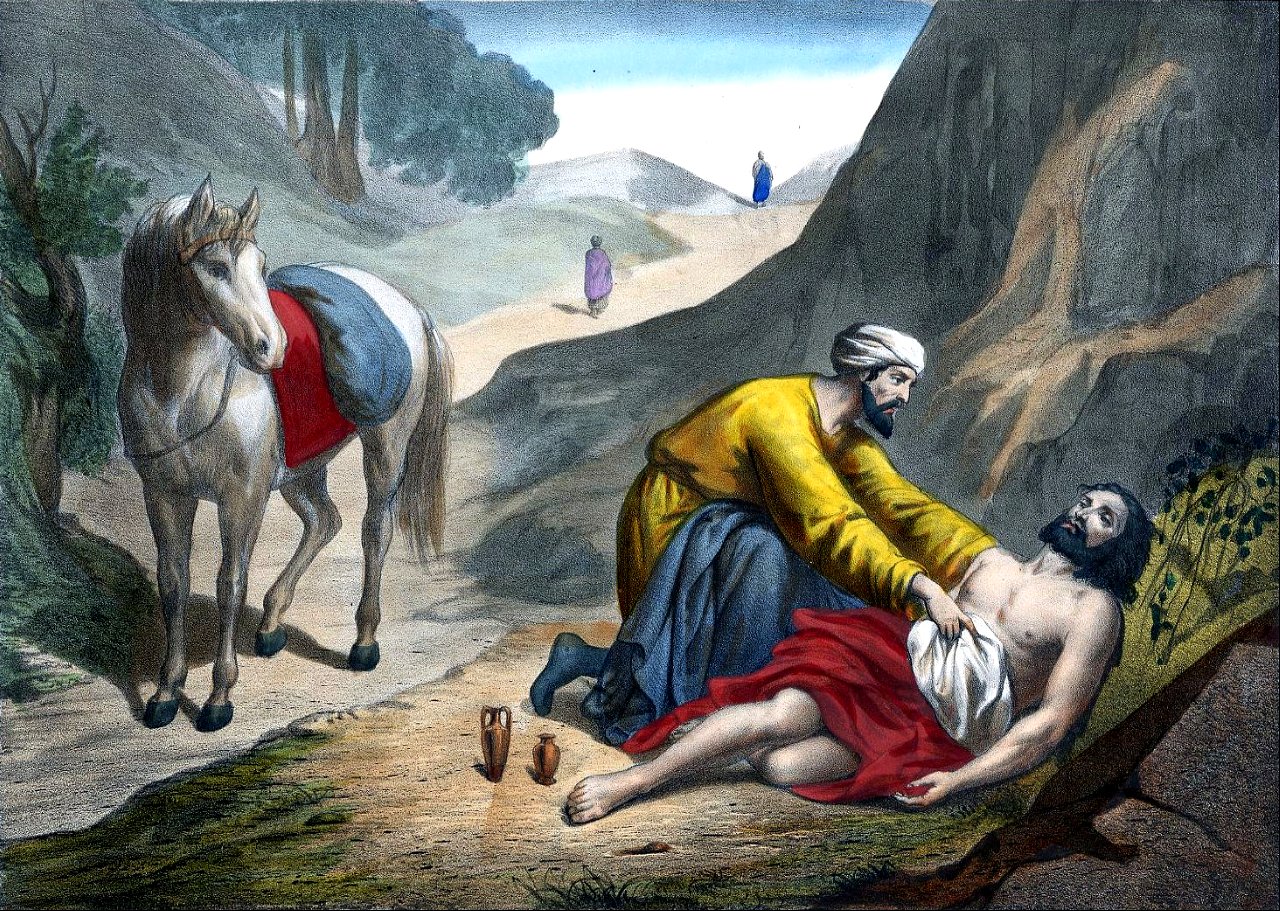There’s a parable in the New Testament of the Bible that’s always digs into my heart and soul. It’s in blaring red letters, directly from the mouth of Jesus Himself and utterly inescapable. It leaves me uncomfortable because it’s so relevant for today, leaves very little room for excuses, and challenges everything that society has told us and every barrier it’s put up. Simultaneously, we have countless hospitals, charities, schools, and organizations named after this story. So, it just seemingly won’t ever go away. Actually, we have a hospital right on our own island named after it. It’s the timeless parable of The Good Samaritan.
Much of the teachings of Jesus were in the form of stories which the Scriptures call parables. He gift-wrapped His teachings in these stories, so they were simple, relatable, and again inescapable. If they were some pie-in-the-sky spiritual teachings, then we’d be able to explain them away as such. So, He gave us real, relatable stories like this one.
As Jesus had just finished teaching, a lawyer stood up with a question about eternal life. Jesus directs him to the law which he, the lawyer, was well versed in and probably recited each day religiously.
“Love God with all of your heart, soul, mind, and strength. And love your neighbor as yourself. All of the other commandments are concluded in these two laws.“
Yet, the lawyer wasn’t as well versed in the heart of the law, which was always meant to result in mercy. He, trying to justify himself asks this question, “But who is my neighbor?”
A man was on a journey and was attacked by a group of thieves. He was left on the side of the road stripped down, beaten up, and robbed of everything he owned. He laid there alone and nearly dead. The first person who walked past him was a priest, symbolic of the clergy or religious leaders. The priest saw the man lying there and crossed the street, most likely not wanting to be inconvenienced or have to sacrifice anything he owned. The second man who passed by was a Levite, symbolic of those who direct music inside the temple or church. The Levite or worship leader also crossed the street and pretended not to see the man left for dead. Most likely for similar reasons, or maybe he was late for his guitar or piano lessons. The last man who passed by was a Samaritan.
Samaritans weren’t well liked. They were known as the mixed-breed folks who dwelled in the dingy part of town. Jewish people didn’t speak to them or even look their way. They were half-Jewish, half-Gentile, and pushed away as irrelevant and a burden to society at large. I can sadly and easily think of some groups of people that we tend to look at as the same today. Can you?
The Samaritan ran towards and stopped for the man on the side of the road. He cleaned his wounds and put bandages on them after. He was happily inconvenienced to place the man on his own donkey and took him to the inn, so he’d have a safe place to rest and heal. The Samaritan took money out of his own pocket to pay for it all and told the innkeeper, “Anything else he needs or uses I will pay for when I come back to check on him tomorrow.”
Jesus concludes the story by asking the lawyer, “So, who do you think was a good and loving neighbor to the man beaten and left for dead on the roadside?”
The lawyer replies, “The one who showed the man mercy, with Jesus concluding, “Now you go and do the same.”
In 2024, there are countless people lying on the side of the road left for dead. Some actually do look half dead on the outside, while others are dead on the inside from utter hopelessness and lovelessness. Some are single mothers who have been abused emotionally, physically, and left alone with small children. Others are sleeping behind our delis, wrapped in trash bags with extreme trauma from a past war or from navigating the Darien Gap carrying a two-year-old and seven months pregnant.
God give us a new portion of compassion, strength and wisdom to live out the rest of our days modeling The Good Samaritan rather than the priest or Levite. Help us to see people through your eyes and heart, rather than our own. Help us to be a healer of others wounds and not the one who causes or pours salt into them. Help us be free to give out undeserved mercy just as you offer us the same each day.
In Jesus’ name we pray.




